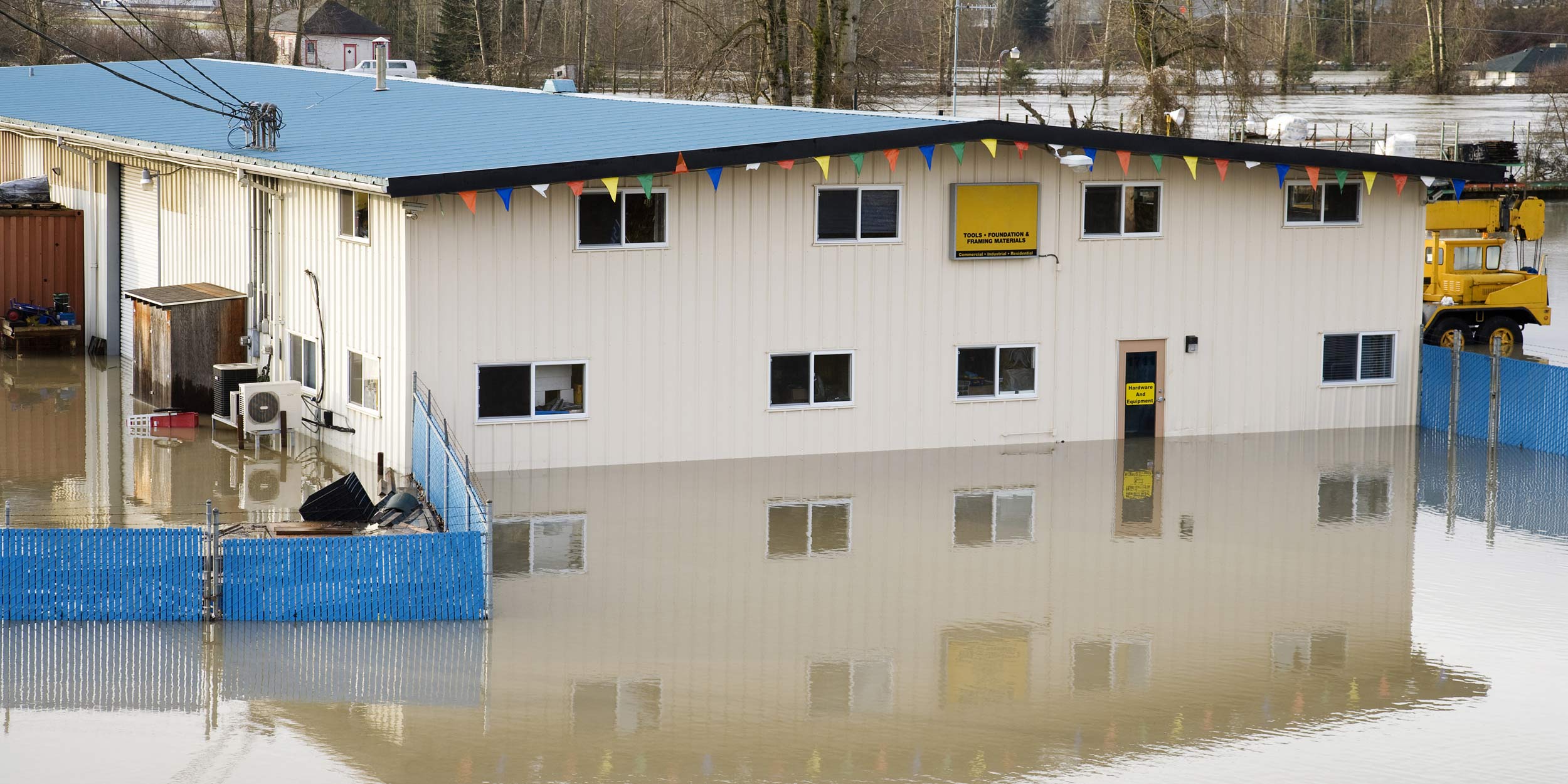Climate Risks: The Podcast Series
Climate resiliencePodcastNovember 16, 20204 min read
In this podcast series we discuss floods, windstorms, rising temperatures and the impact of Covid-19 on climate risks with experts from across Zurich Insurance Group (Zurich).
In this new series of podcasts, experts from across Zurich discuss how climate change is impacting risk management practices and how organizations can prepare for these fast-changing risks.
Episode 01: The impact of Covid-19 on climate risks – John Scott
As the global lockdown took hold in April 2020 there was a distinct change in the air, quite literally emissions were down 17% in the UK compared with the whole of 2019. This short period gave us a window into how the world might recover from climate change.
However, as the world started to open up again and the focus switched to economic recovery, we started to lose the progress we had made on the environment.
In this episode, John Scott, Head of Sustainability Risk at Zurich, discusses the impact Covid-19 has had and will continue to have on our environment.
Episode 02: Building a climate resilience strategy – Amar Rahman and Belinda Bates
Climate risks will impact every organization. Being prepared for any risk helps to mitigate losses, but how do you prepare for something that is still being modeled.
In this episode Amar Rahman, Global Practice Leader Natural Hazards, Zurich Risk Engineering, and Belinda Bates, Senior Climate Risk Analyst Climate Risks, explain the three steps required to build a climate resilience strategy.
From identifying risks to your properties, supply chain and employees, to engaging and collaborating with other businesses and local authorities to mitigate and manage these risks; organizations of all sizes can build a climate resilience strategy.
Episode 03: Flood risks – Ralph de Mesquita
In the UK, climate change is contributing to hotter summers and milder, wetter winters. With heavier rainfall comes a heightened risk of flooding.
The impact is hard to model at this stage. The one prediction Ralph de Mesquita, Principal Risk Analyst, Zurich Risk Engineering UK, is willing to make is that more flooding will occur.
This episode explains how to measure the potential impact a flood may have on your buildings, machinery, equipment, employees and residents. And, looks at the actions organizations can take to mitigate flood risks.
Episode 04: Windstorms – Jen Clark
The Great Storm of 1987 that battered the UK was strong enough to uproot 15 million trees. With climate change exacerbating extreme weather patterns, similar windstorm events will probably increase in likelihood.
In this episode, Jen Clark, Risk Analyst for Zurich Risk Engineering UK, talks through the varied risks windstorms pose to the UK. How they can impact all areas of the country – not just the coast – and how the time they reach their peak is critical to protecting lives.
Episode 05: Rising Temperatures – David Hounsell
Dehydration, irritability and poor decision making are just a few ways how humans can be impacted by high temperatures. With climate change causing longer, hotter and more frequent heatwaves across the UK, how can organizations act to protect their employees and residents?
Those facing the greatest risks are not just organizations whose employees work outdoors, but also where employees rely on public transport to travel to work. Some of the highest temperatures in 2019 were recorded on the London Underground.
David Hounsell, Senior Liability Risk Engineer, joins this episode to discuss how organizations may need to adapt to protect their employees and residents. These ideas range from changing shift and travel patterns, to adapting PPE and buildings.
Episode 06: Building Back Better – Alix Bedford
In 2018, residential properties were responsible for producing around 15% of the UK’s greenhouse gas emissions.
In this episode, Alix Bedford, Risk Proposition Manager, Zurich Municipal, discusses how we can Build Back Better to make our properties more sustainable. From implementing new technology to switching to green energy suppliers, there is a lot that needs to be considered.
Our message is that all organizations need to be ready to seize opportunities to start addressing climate risk.




